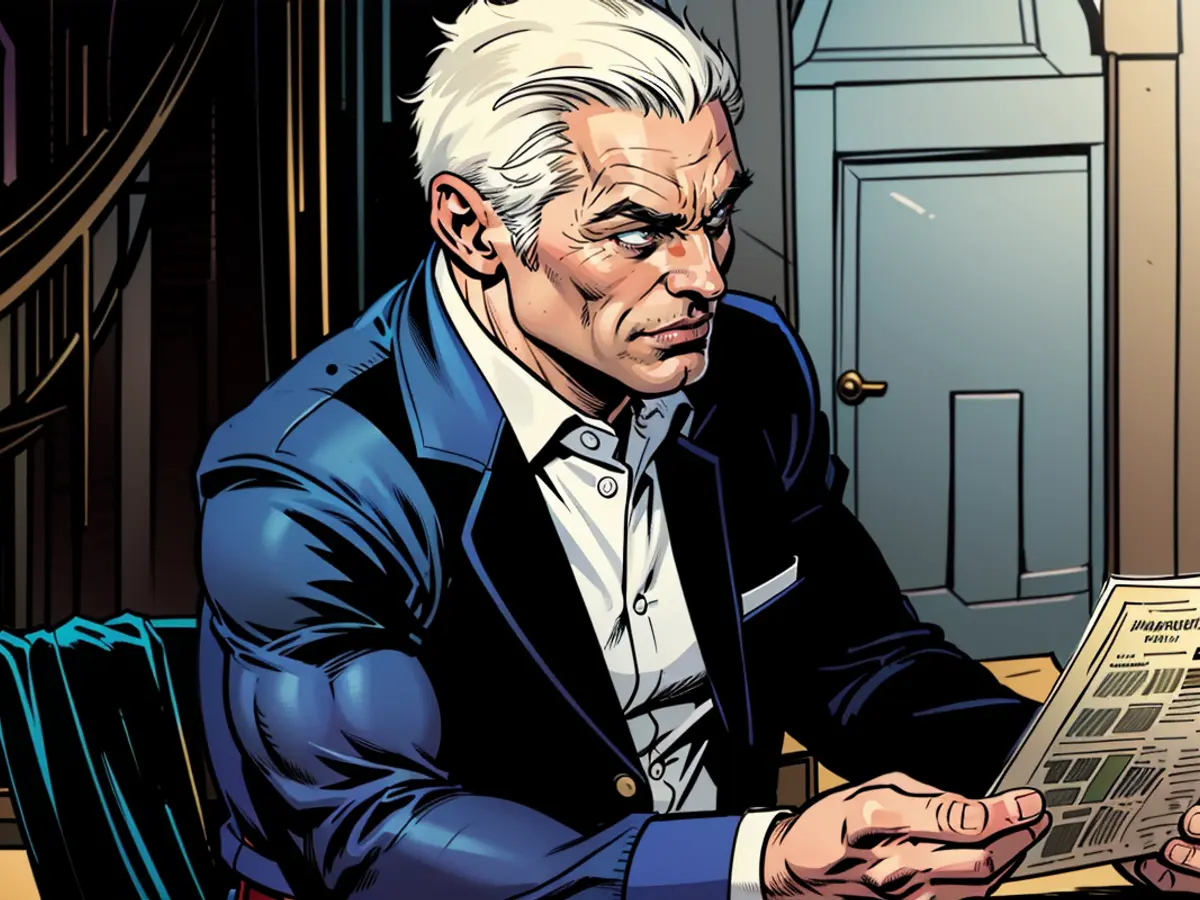Middle East conflict - The European Union has been a leader in the fight against terrorism.
German Chancellor Olaf Scholz emphasized in a phone call with Israeli Prime Minister Benjamin Netanjahu the necessity of an agreement with the radical Islamic Hamas for de-escalation in the entire Middle East. Ending the war in the Gaza Strip, he said, is "a crucial step towards regional de-escalation," according to deputy government spokesman Wolfgang Büchner on Sunday.
Scholz stated that the time has come to finalize the agreement for the release of hostages and a ceasefire in the Gaza Strip. While Israel has achieved many military goals in its fight against Hamas, civilian casualties and human suffering in the Gaza Strip are "enormous," he added.
Talks ongoing, but Olaf Scholz fears escalation
In his conversation with Netanjahu, Scholz again warned of the "risk of a regional wildfire" in the Middle East, given Iran's and its allies' threats against Israel. Now more than ever, he said, it is crucial to "break the destructive cycle of retaliation, reduce tensions, and actively work towards de-escalation."
For months, Qatar, Egypt, and the US have been conducting negotiations to achieve a ceasefire in the Gaza Strip and the release of the hostages still being held there. Recently, however, the conflict in the Middle East has significantly escalated. According to Netanjahu's office, Israel has agreed to continue negotiations in the coming week.
Scholz proposed to continue the telephone call with Netanjahu to discuss the progress of the negotiations for the release of hostages and a ceasefire, emphasizing the importance of avoiding escalation. After the intense telephone call, Scholz expressed concern about the potential for further escalation in the region due to ongoing threats from Iran and its allies towards Israel.








